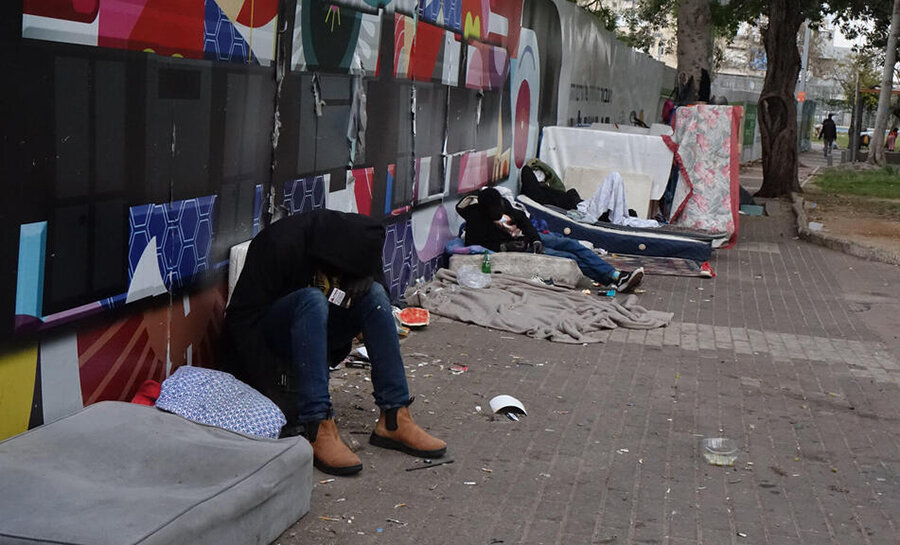read also

More than 2.7 million people in Israel — nearly 29% of the population — live in poverty, according to Ynetnews citing data from the annual report by the Israeli NGO Latet. Among them, 1.24 million minors (39.6%) lack access to basic living conditions.
Latet’s experts note that while poverty rates remained stable in 2024 compared to 2023, this is a temporary phenomenon. Temporary government aid, evacuation payments, charitable support, and civil society efforts helped sustain the current levels. However, a gradual decline in living standards is underway — families first spend their savings, then turn to loans, and only afterward do deteriorations appear in official statistics. Latet forecasts a worsening situation as the government implements new economic measures.
Rising Costs and “Invisible Poverty”
In 2024, the minimum monthly expenditure needed in Israel was:
- 5,355 shekels (~$1,447) per person
- 13,617 shekels (~$3,680) for a family of four
For the middle class, the threshold is even higher:
- 8,665 shekels (~$2,342) per person
- 22,181 shekels (~$5,996) per family
These figures increased by 6.5–6.9% over the year — almost double the official consumer price index of 3.6%.
Many households now live in "invisible poverty": earning slightly above the official poverty line (4,105 shekels / $1,110 per person) but below the minimum living standard.
Among Latet-supported families:
- Average income: 6,092 shekels ($1,646)
- Average expenses: 10,367 shekels ($2,801)
- 79% hold unpaid loans, compared to 27% among the general population
- 65% report worsening financial conditions over the past year
Impact on Children and Families
Among Latet-supported households:
- 44.6% of children saw a decline in academic performance
- 46.7% experience serious psychological issues (triple the national average)
- 20% of children dropped out of school
- 19% were moved to boarding schools for financial reasons
- 85% abandoned private lessons or tutoring
Elderly Facing Extreme Hardship
Among Latet-supported seniors:
- 81.7% live in poverty
- 33% face acute food shortages
- 60.4% forgo essential medications or treatments due to costs
Rising loneliness and anxiety are reported
Warning of a Socioeconomic Collapse
Latet’s founder Gilles Darmon and CEO Eran Weintraub warn that upcoming policies — VAT increases, higher social security contributions, utility bill hikes — will further harm low-income households. Coupled with inflation, high interest rates, and an anti-social budget approach, this could trigger social destabilization.
"Israel stands at a moral crossroads. Beyond military threats, there is another front: the fight against poverty," they state.
Only large-scale state-led anti-poverty programs can prevent further decline.
Capital Flight: Wealth Leaves Israel
Another alarming trend: capital outflows are rising. Amid the socio-economic crisis, Israelis are investing heavily abroad, particularly in real estate.
According to JLL’s 2024 report:
- Israeli investments in European real estate: $2.33 billion (+78% YoY)
- In the U.S.: $578 million, with $400 million in logistics assets
- In Georgia: over 1,500 properties purchased by Israelis in 2024 — double the previous year
Experts warn that capital flight may weaken Israel’s economy in the long term.








